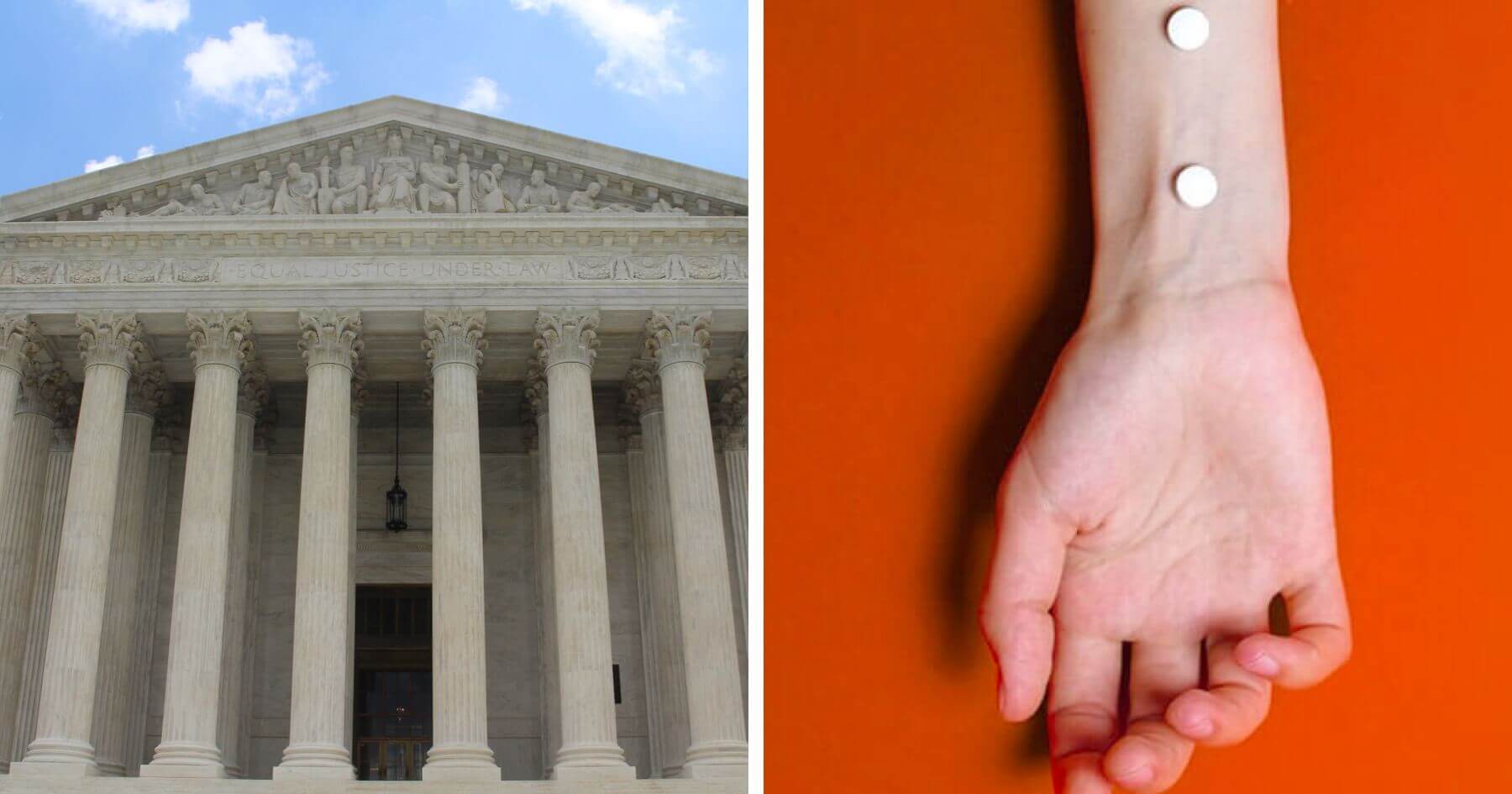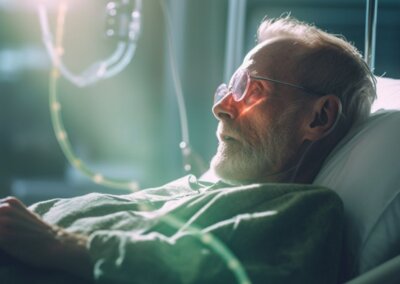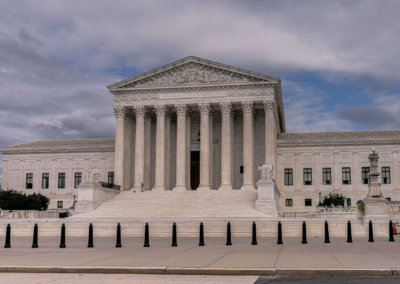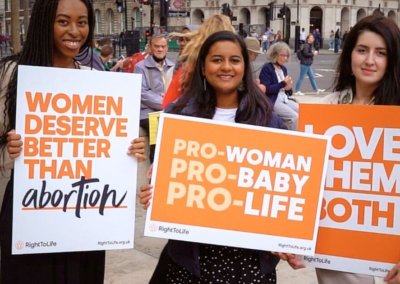The Supreme Court of the United States of America has ruled that medical abortion pills must be distributed in person, not through the post.
The ruling came after a challenge to the Food and Drug Administration’s (FDA) requirement that abortion pills be distributed in person. The Supreme Court upheld that requirement. The FDA is a non-governmental agency “responsible for protecting the public health by ensuring the safety, efficacy, and security of human and veterinary drugs, biological products, and medical devices”.
The American College of Obstetrician-Gynecologists (ACOG), which has in the past frequently taken a strong pro-abortion position, had sued the FDA against its requirement that abortion pills must be distributed in person. It argued that this requirement should be suspended during the COVID-19 pandemic and lockdowns. In the initial proceedings, U.S. District Judge Theodore Chuang, ruled in favour of of the ACOG saying:
“[T]he In-Person Requirements present a serious burden to many abortion patients”.
However, in their defence, the FDA argued that patients will suffer “irreparable harm” if they do not take abortion pills in person in the manner prescribed by the FDA. Such a setting, they argued, is “necessary to ensure the safe use of Mifeprex [the abortion pill]”.
In their appeal, the FDA said: “Requiring patients to obtain Mifeprex at a clinic — as has been required for years — does not deprive women of the ‘ability to make a decision to have an abortion’”.
The Supreme Court sided with the FDA, which recognises the many dangers of performing an early medical abortion at home, outside of the appropriate clinical setting.
DIY abortions in the UK
A similar debate is ongoing in the UK where ‘DIY’ home abortions have been allowed , at least for the duration of the COVID-19 pandemic, with efforts by pro-abortion politicians to make it a permanent feature of the law.
England, Wales and Scotland are currently carrying out public consultations asking whether the provision of ‘DIY’ abortion should be made a permanent feature of the law.
Late last year, in a comment piece in the Times, John Mason, the SNP MSP for Glasgow Shettleston, raised concerns about the lack of in-person consultation:
“There is no entirely reliable way to verify the stage of pregnancy without an ultrasound or physical examination”.
“The abortion provider [BPAS] has already announced investigations of nine cases of women taking abortion pills beyond the ten-week limit, while police in England are investigating the death of an unborn baby after the mother took home-abortion pills when she was 28 weeks’ pregnant”.
Similarly, Baroness Stroud made the same point in criticising the Government in Westminster, when she highlighted that “there are at least 52 cases officially reported to the Department of Health and Social Care of women who were provided pills-by-post beyond 10 weeks’ gestation, including one case where the unborn child was at 28 weeks’ gestation (beyond the legal limit)”.
Critics of ‘DIY’ home abortions have drawn attention to the large potential for abuse from the beginning, pointing out that once abortion pills are sent in the post, there is no guarantee about who ultimately takes them.
A series of undercover investigations last year revealed how a number of women were able to obtain pills for their children by pretending to be pregnant themselves. Other women in the investigation were able to obtain abortion pills after the 10-week limit.
Right To Life UK spokesperson, Catherine Robinson, said: “Given more or less the same information about the dangers of DIY home abortions, the US and the UK have come to very different conclusions. Those promoting DIY abortions in both countries, however, seem entirely unconcerned with the manifest dangers posed to women. They seem to be driven by a concern to expand abortion access at all costs regardless of the risks”.
“Medical abortions are wrong whether they take place in a clinical setting or at home, but at least before the advent of DIY home abortions, there was a minimum of protection for vulnerable women who might be being coerced into having an abortion they do not want”.












